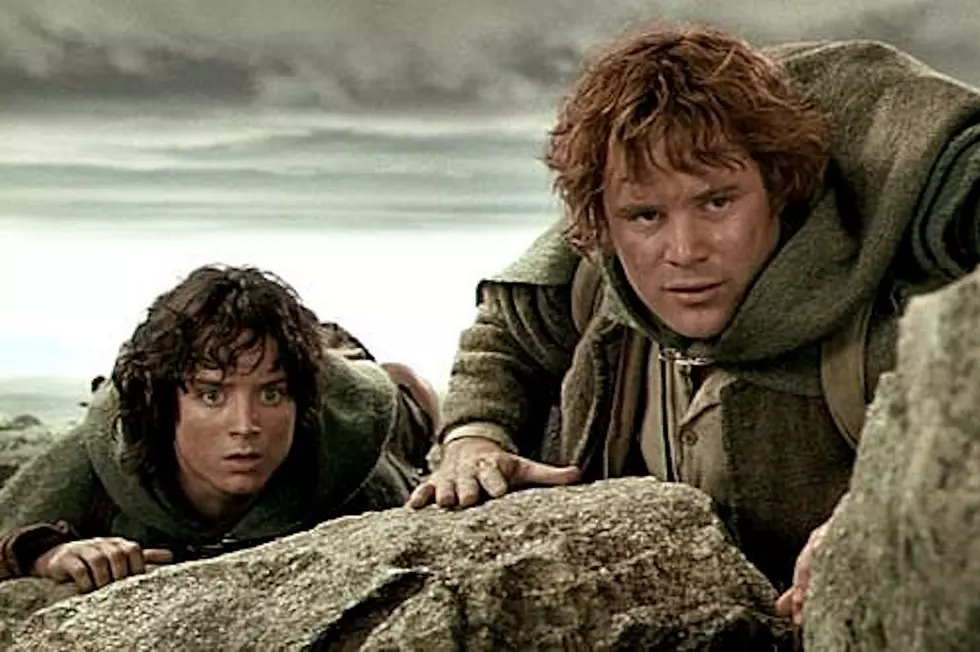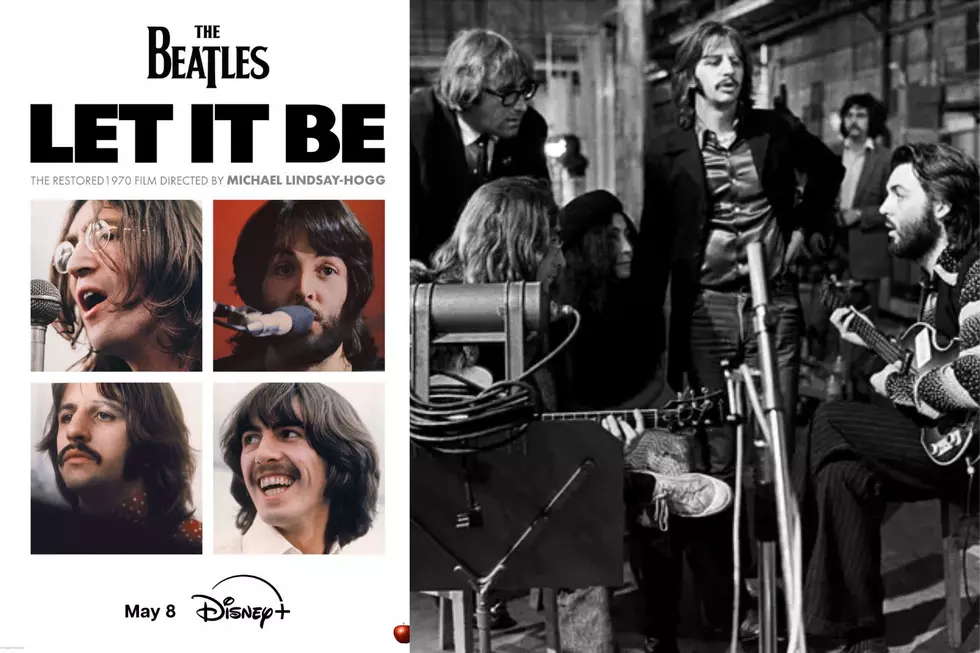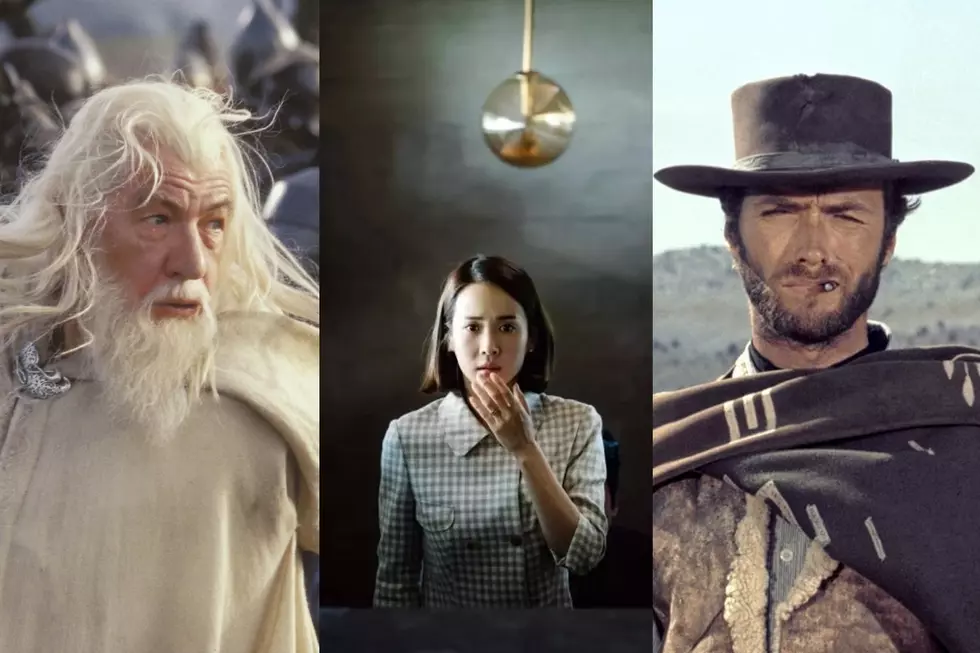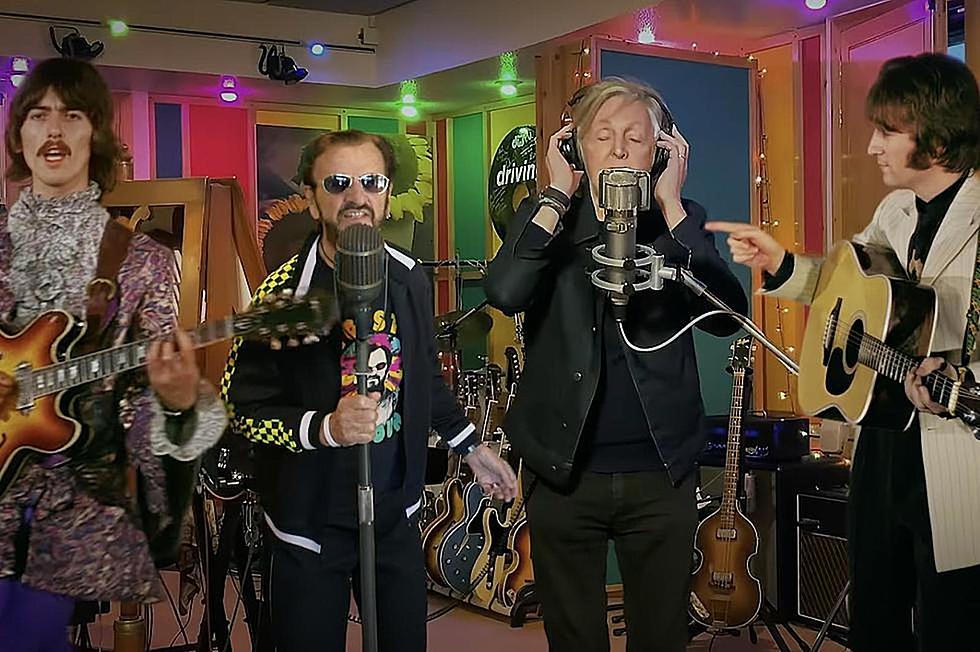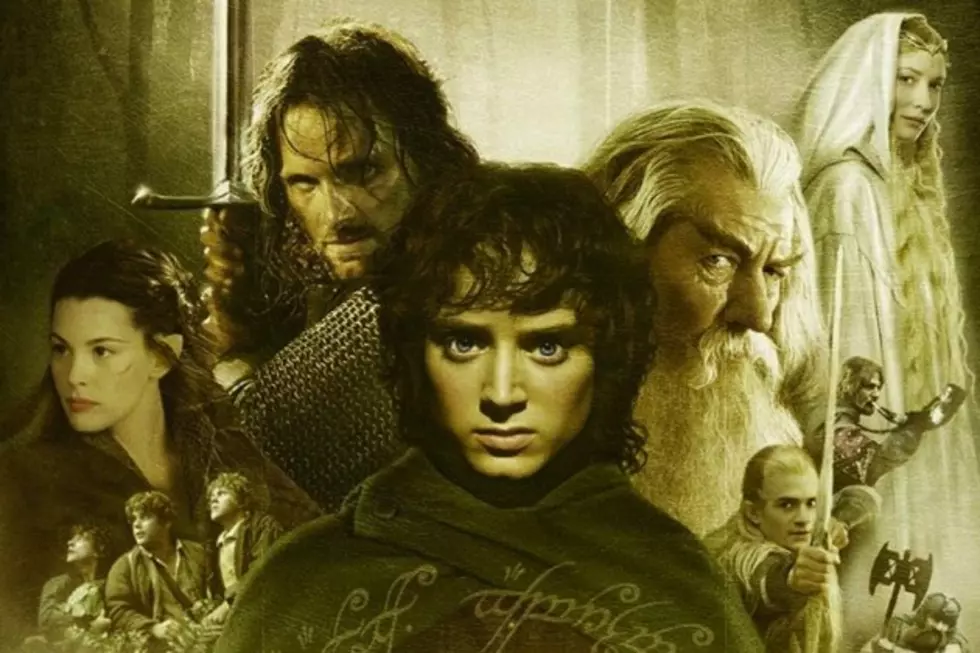
There and Back Again: Revisiting the ‘Lord of the Rings’ Trilogy in 2014
There seem to be two paths for monumentally popular pieces of art and entertainment once the initial excitement around them begins to wear off. Either they become a cultural touchstone, and are woven into the fabric of everyday communication, or they become a footnote, a piece of trivia relevant only as nostalgia and an occasional answer at bar trivia. I revisit Peter Jackson’s ‘Lord of the Rings’ trilogy every few years—a series I loved on its initial release—because with each new installment in Jackson’s bloated, boring ‘Hobbit’ trilogy, I trust my fond memories of the original films less and less. If ‘The Hobbit’ is so bad, was ‘The Lord of the Rings’ really so great?
When the films initially hit Blu-ray in their non-extended editions, I was still working a crummy retail job to help pay the bills. The commercial for the release was part of the selection of videos that played on a loop in the electronics section of my place of employment, and I was treated to the ad every five minutes for the better part of two months. And every time it rolled around, I heard reactions from co-workers and customers that I couldn’t help but take personally.
“Those have not aged well.”
“The CGI is soooooo bad.”
“I never saw those. They don’t look very good.”
These were normal people, not movie fans. This was the same audience who, a decade earlier, had transformed all three ‘Lord of the Rings’ movies into enormous smash hits that defied every expectation and won every Oscar they could get their hands on. Geeks like me didn’t make these fantasy epics into some of the biggest blockbusters of the early 2000s. Regular people did.
What did it mean that the general populace were turning on films that had, at one time, been so beloved? When I sat down to watch the ‘Lord of the Rings’ trilogy again recently, all of this was weighing heavily on my mind. The collective shrug that the world was giving Jackson’s new ‘Hobbit’ movies, while rightfully deserved, suggested that everyone really seems over this material. Would this be the moment that I officially fell out of love with Jackson’s take on the work of J.R.R. Tolkien?
Well, in the words of a character from another, very different fantasy series: not today.
13 years removed from the release of ‘The Fellowship of the Ring’ and 11 years after ‘The Return of the King’ swept the Academy Awards, the three films have aged like fine Elvish wine. A superficial glimpse (like a 30-second advertisement running in a loop at a major retail store) will reveal dated visual effects and tropes that have been copied and stolen into oblivion, but a re-watch of the actual movies reveals a series whose heart and soul shine brighter than any of its imitators. God only knows what happened to Peter Jackson with the ‘Hobbit’ movies, but his work on his first three Tolkien films represents the vision of an assured storyteller.
Dated effects don’t matter when you care about the story and ‘The Lord of the Rings’ (like the original ‘King Kong,’ ‘Star Wars,’ and ‘Jurassic Park’) gives you every emotional reason to care. All of those epic battles and CGI creatures serve the story and the characters, so when they don’t quite hold up to modern standards, it’s easy to shrug it off. They’re just one of many elements, not the focal point. Other filmmakers have created more realistic sequences of epic battles, but few have displayed Jackson’s actual filmmaking craft. It’s not enough to have two CGI armies clash. You have to know where to place the camera, even if that camera exists entirely inside of a computer. More than any other director working in the ’00s, Jackson knew where to place his fake camera inside his fake world.
However, the key to it all seems to be how evenly Jackson blends his computer world with the real world. Even when something is an obvious digital creation, if often exists on a real set or location. There’s a balance between the fantastic and the authentic. This is a key factor missing from the ‘Hobbit’ films, which feel hopelessly, painfully digital. It’s unnerving just how much better a stuntman in make-up looks than the digital orcs of the new movies.
Every time I watch the ‘Lord of the Rings’ trilogy, I’m struck by the sheer amount of story in these things. For films that run way upwards of three hours in their (far superior) extended editions, each one is breathlessly paced. The sheer number of characters and events is mind-boggling. Like ‘Lawrence of Arabia,’ these are epics that actually earn their length. You want to luxuriate in this world. You want to learn more. You want to absorb every detail. When the Fellowship breaks, you wish you could have seen more of their journeys. When Sauron is defeated, you wish you could linger with Aragorn as he gets used to being the king of Men. Every character is so rich, every actor is so good, that you feel like you could watch an alternate cut from their perspective. These are movies that operate on a simplistic, good vs. evil, black-and-white moral plane, but the cast takes their roles seriously. Even when things get silly, Ian McKellen and Viggo Mortensen make you believe every single moment.
And yeah, there’s no getting around it: These movies get silly. Tolkien pioneered many fantasy cliches, and they’re out in full force here. Honestly, the films are even sillier than the source material, because any and all narrative gaps are filled in with action and adventure that feels like it was torn out of the last great D&D game Jackson played. And that’s not a bad thing: I’ve had some genuinely moving and powerful moments in RPG sessions, believe it or not.
But all of this silliness is presented with a straight face. There is nothing sardonic about these movies. There is no irony, no sense that anyone involved is ashamed of the kind of movie they’re making. Far too many mainstream genre films feel the need to apologize for what they are, to hide their more preposterous aspects behind jokes pointing out their own ludicrousness. ‘Lord of the Rings’ may have its fair share of humor, but it knows what it is and is totally unashamed about it. It’s sentimental and bittersweet, hopeful and innocent. It’s pure in a way that makes some people uncomfortable.
This is the soul of these movies. The big heart at the center of it all eclipses the battles and special effects. Powered by Howard Shore’s magnificent score, the film’s message of doing the right thing and sacrificing your safety for your home and your friends resonates more powerfully than ever. Much has been written about how these movies function as an antidote to the grimness of post-9/11 American society, and that’s true. Some things are worth fighting for, and the people who fight those battles for us come home with scars that we cannot even begin to imagine. When I watch ‘The Lord of the Rings,’ I put down my personal cynicism and put every last ounce of faith that I have behind Frodo, Sam, Aragorn, Gandalf, and the rest. It may be a fantasy world, but it’s the fantasy that we need.
People are always going to say “my precious” when they talk about their valuables and they’re always going to make jokes about why the eagle didn’t show up earlier, and yes, that Boromir meme will exist until the day the Internet curls up and dies in the fires of nuclear war. However, I am more convinced than ever that the ‘Lord of the Rings’ trilogy isn’t just a supplier of quotes and jokes for the people who were breathing between the years 2001 and 2003. Even after ‘The Hobbit: The Battle of the Five Armies’ has come and gone, these three masterpieces are going to endure as a high watermark for popular entertainment. They’re a reminder of just how good and vital big movies can be.
And you know what? We’re only 11 years out and they already don’t make ’em like this anymore ... even when they take place in Middle-Earth.
More From ScreenCrush
